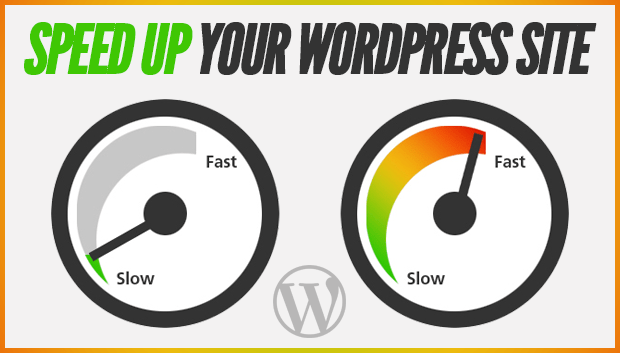WordPress Support
How to optimize wordpress website?
Regardless of whether you run a high traffic WordPress establishment or a little blog on a minimal expense shared host, you ought to advance WordPress and your worker to run as effectively as could really be expected. This article gives a wide outline of WordPress streamlining with explicit suggested approaches. Nonetheless, it’s anything but a definite specialized clarification of every viewpoint.
If you need a quick fix now, go straight to the Caching section, you’ll get the biggest benefit for the smallest hassle there. If you want to get started on a more thorough optimization process immediately, go to How Do You Improve Performance in WordPress.
A broad overview of the topic of performance is included below in What Affects Performance and How Do You Measure Performance. Many of the techniques discussed here also apply to WordPress Multisite (MU).

Performance factors
Several factors can affect the performance of your WordPress blog (or website). Those factors include, but are not limited to, the hosting environment, WordPress configuration, software versions, number of graphics and their sizes.
Most of these performance degrading factors are addressed here in this article.
Hosting
The Optimize WordPress Website techniques available to you will depend on your hosting setup.
Shared Hosting
This is the most common type of hosting. Your site will be hosted on a server along with many others. The hosting company manage the web server for you, so you have very little control over server settings and so on.
The areas most relevant to this type of hosting are: Caching, WordPress Performance and Content Offloading
Virtual Hosting and Dedicated Servers
In this hosting scenario you have control over your own server. The server might be a dedicated piece of hardware or one of many virtual servers sharing the same physical hardware.
The key thing is, you have control over the server settings. In addition to the areas above (caching and WordPress performance, the key areas of interest here are: Server Optimization and Content Offloading
Number of Servers
When dealing with very high traffic situations it may be necessary to employ multiple servers. If you’re at this level, you should already have employed all of the applicable techniques listed above.
The WordPress database can be easily moved to a different server and only requires a small change to the config file. Likewise images and other static files can be moved to alternative servers (see content offloading).
Amazon’s Elastic Load Balancer can help spread traffic across multiple web servers but requires a higher level of expertise. If you’re employing multiple database servers, the HyperDB class provides a drop-in replacement for the standard WPDB class, and can handle multiple database servers in both replicated and partitioned structures.
Hardware Performance
Your hardware ability will massively affect your site execution. The quantity of processors, the processor speed, the measure of accessible memory and circle space just as the plate stockpiling medium are significant elements. Facilitating suppliers by and large offer better at a greater expense.
Geographical distance
The distance between your server and your website visitors also has an impact on performance. A Content Delivery Network or CDN can mirror static files (like images) across various geographic regions so that all your site visitors have optimal performance.
Server Load
The measure of traffic on your worker and how it’s arranged to deal with the heap will have a tremendous effect too. For instance, on the off chance that you don’t utilize a storing arrangement, execution will ease back to an end as extra page demands come in and stack up, frequently slamming your web or data set worker.
If configured properly, most hosting solutions can handle very high traffic amounts. Offloading traffic to other servers can also reduce server load.
Abusive traffic such as login Brute Force attacks, image hotlinking (other sites linking to your image files from high traffic pages) or DoS attacks can also increase server load. Identifying and blocking these attacks is very important.
Software version & performance
Making sure you are using the latest software is also important, as software upgrades often fix bugs and enhance performance. Making sure you’re running the latest version of Linux (or Windows), Apache, MySQL/MariaDB and PHP is very important.
WORDPRESS CONFIGURATION
Your theme will have a huge impact on the performance of your site. A fast, lightweight theme will perform much more efficiently than a heavy graphic-laden inefficient one.
The number of plugins and their performance will also have a huge impact on your site’s performance. Deactivating and deleting unnecessary plugins is a very important way to improve performance.
Keeping up with WordPress upgrades is also important.
SIZE OF GRAPHICS
Making sure the images in your posts are optimized for the web can save time, bandwidth and increase your search engine ranking.
Performance testing tools
- Webpagetest is a tool for testing real life website performance from different locations, browsers and connection speeds.
- Google PageSpeed Insights is way to measure your WordPress site’s performance and receive clear, specific feedback on how to make improvements.
- The built-in browser developer tools (ie. Firefox or Chrome) all have performance measurement tools.

